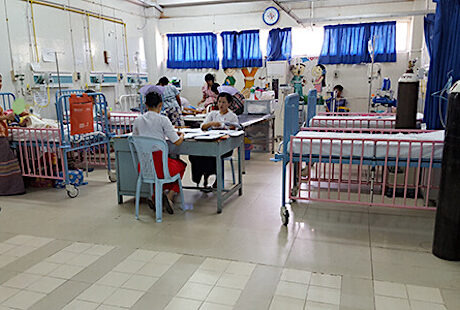
Yangon, Myanmar
Yangon Children’s Hospital
Yangon’s Children’s Hospital is the largest children’s hospital in Myanmar, has a capacity of 1000 beds, and is the major pediatric referral center for the country. It consists of an emergency department, inpatient wards, a 14-bed ICU, and space for outpatient visits (these often take place in the wards). Subspecialty services include neurology, nephrology (dialysis), cardiology, hematology-oncology, and pediatric surgery. In the recent past, there could be as many as 200 admissions in a 24 hour period, but this has decreased somewhat with the opening of two other pediatric hospitals in the area. The hospital is staffed by faculty and residents (mostly general pediatricians) during the day and residents at night. Medical students and residents read English medical texts and present cases in English, though discussions are often in Burmese. Fluency and comprehension of English are variable among the residents and faculty, but they are accustomed to some instruction in English.
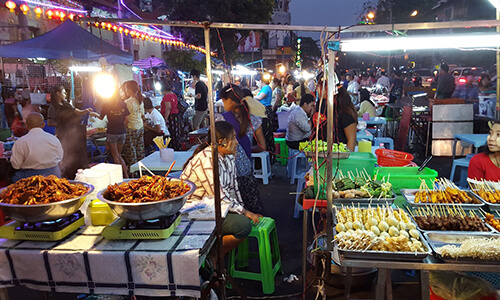
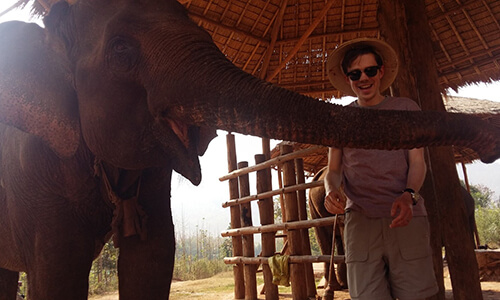
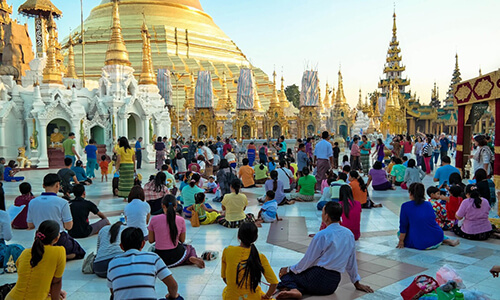
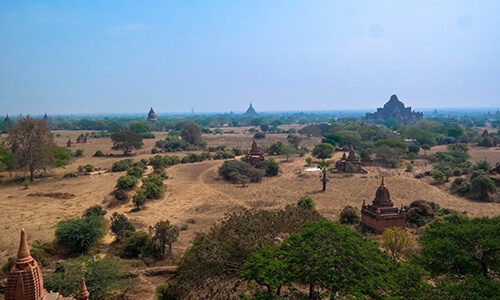
Basic blood testing and some microbiological testing (gram staining, malaria, Dengue) are available on-site, as is basic radiology (X-rays). More advanced testing must often be sent abroad to Thailand or Malaysia, and is therefore less frequently available. CT scans are done off-site, and MRI is available at other hospitals in Yangon, but rarely is affordable for patients. Routine EEG is performed in the neurology ward.
Common diseases include infectious diseases (diarrhea, respiratory, meningitis/encephalitis), including many vaccine-preventable illnesses (tetanus, pertussis, measles/SSPE, rotavirus, etc.). Dengue hemorrhagic fever and malaria become more prevalent during the rainy season (roughly June-October), though Yangon is not considered a high-risk malaria area (many of the patients come from outlying areas). IV antibiotics are available for most infections, and acyclovir is available in limited supply. Epilepsy, encephalitis, and movement disorders are common in the neurology unit and limited sets of IV and oral treatments are available for seizures.
Yangon (formerly Rangoon), was the capital under British rule, but the official capital is being transitioned to the inland city of Naypyidaw. Still, Yangon, a city of 5 million, is the commercial capital of Myanmar and it largest city. Shwedagon Pagoda, one of the oldest and most holy Buddhist sites in Southeast Asia, is located in Yangon, as well as many other tourist attractions. Other popular sites to visit include the thousands of 11-13 c. Buddhist temples in Bagan, Inle Lake in Shan state, the former capital of Mandalay, and Ngapali Beach on the Bay of Bengal. A visa is required for entry. Most tourists stay at hotels or guest houses (about $15-20/d and up).